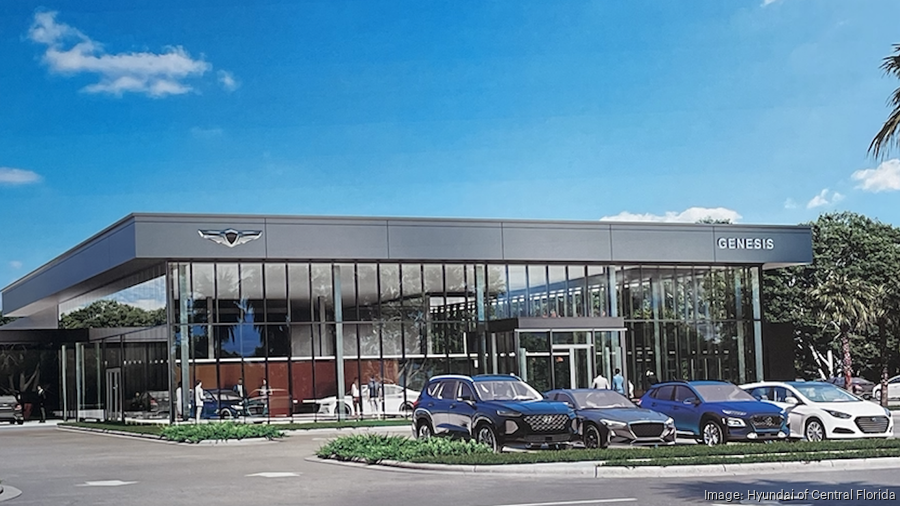Exploring the Great Print: What to Know Before Leasing a Vehicle
From surprise fees that might catch you off guard to mileage limitations that can impact your day-to-day commute, being skilled in the intricacies of a lease contract is critical. Allow's untangle the layers of complexity that come with renting a cars and truck to guarantee you make an informed choice that aligns with your needs and financial objectives.
Lease Problems and terms
Recognizing the lease terms is important before dedicating to a cars and truck lease agreement. These terms describe the duties and commitments of both the lessee and the lessor throughout the lease duration. One crucial element to take into consideration is the lease duration, which commonly ranges from 24 to 36 months. It is very important to evaluate whether this duration lines up with your driving practices and future strategies. In addition, familiarize on your own with the mileage limits defined in the lease arrangement. Going beyond these limitations can lead to costly overage fees at the end of the lease term (lincoln dealerships).
Moreover, the lease terms will certainly detail the maintenance requirements for the lorry. It is crucial to comprehend that is accountable for upkeep and repair services during the lease duration. Additionally, insurance coverage requirements and any potential fines for very early discontinuation should be clearly laid out in the contract. By completely examining and understanding the lease terms, you can make an educated choice and prevent any kind of shocks or misunderstandings during the lease term.

Hidden Fees and costs
Upon settling the lease terms and problems, it is necessary to inspect the agreement for any type of potential surprise fees and costs that might impact the overall expense of the lease. These extra expenses can considerably inflate what at first appeared like a bargain. Some usual concealed fees to keep an eye out for consist of purchase charges, personality fees, excess mileage fees, wear and tear fees, very early discontinuation costs, and protection deposit fees.

Comprehending Gas Mileage Limitations
When renting an automobile is the predetermined mileage restriction set by the leasing agreement,One crucial aspect to consider - lincoln dealerships. Mileage restrictions specify the optimum variety of miles a lessee can drive the car every year without incurring extra charges. It is important to thoroughly understand these restrictions as exceeding them can lead to pricey fees at the end of the lease term
Normally, lease contracts supply mileage limits ranging from 10,000 to 15,000 miles each year, with choices to purchase extra miles upfront at an affordable rate. Lessees must accurately analyze their driving habits to select a proper mileage limitation that lines up with their demands. Going over the agreed-upon mileage can cause excess mileage costs, which are usually determined per mile and can build up rapidly.
To prevent unexpected costs, lessees must check their mileage throughout the lease term and think about alternatives such as carpooling or using public transport when nearing the limit. Understanding and adhering to the gas mileage limits outlined in the leasing arrangement is vital for a affordable and my sources smooth leasing experience.
End-of-Lease Responsibilities
As the end of the lease term techniques, lessees must be prepared to fulfill their end-of-lease responsibilities promptly and based on the leasing arrangement. One essential duty is making sure that the vehicle is returned in good problem, thinking about normal damage. Most leasing arrangements stipulate details guidelines concerning the acceptable problem of the auto at the end of the lease, and lessees may be financially accountable for any excessive damages.
Additionally, lessees are typically required to follow gas mileage limits detailed in the leasing arrangement. Exceeding these restrictions can result in overage charges that can build up quickly. To stay clear of unanticipated charges, it is essential for lessees to monitor their gas mileage and strategy in advance as the end of the lease term techniques.
Lastly, lessees need to know any end-of-lease costs that might use. These can include disposition costs, excess deterioration fees, or any type of exceptional settlements. By preparing and understanding for these responsibilities ahead of time, lessees can make certain a convenient and smooth end to their leasing contract.
Insurance Policy Demands
Recognizing the insurance demands is crucial for lessees when leasing a vehicle to ensure appropriate coverage throughout the term of the lease. A lot of leasing business generally call for lessees to bring comprehensive and collision insurance policy on the car. Comprehensive insurance coverage covers problems not caused by an accident, such as burglary, vandalism, or all-natural catastrophes. Collision insurance, on the various other hand, covers damages resulting from a crash with one more vehicle or things.
In addition to extensive and crash protection, lessors often mandate specific liability insurance coverage limits that lessees have to fulfill. Responsibility insurance coverage covers expenses related to bodily injury or building damage that the lessee might cause to others while driving the rented car. Lessees need to thoroughly examine the insurance demands laid out in their lease agreement to ensure they look at here are compliant.
Failure to maintain the essential insurance protection can lead to charges and even the termination of the lease agreement. It is critical for lessees to interact with their insurance supplier to assure that they meet all the insurance needs defined by the owner.
Conclusion
In conclusion, it is vital for individuals considering leasing a cars and truck to very carefully evaluate the lease terms, be aware of any hidden costs and fees, recognize gas mileage limitations, and prepare for end-of-lease responsibilities. In addition, meeting insurance needs is vital to shield both the lessee and the lessor. By being educated and recognizing these crucial facets, people can make knowledgeable choices when leasing an automobile.
Upon wrapping up the lease terms and problems, it is imperative to scrutinize the contract for any potential surprise costs and charges that may influence the overall price of the lease.Acquisition costs are charged by the leasing company for setting up the lease, while disposition charges are incurred at the end of the lease term. By very carefully examining the lease arrangement for these hidden charges and costs, you can avoid anonymous unexpected financial shocks and make a much more informed decision when leasing an automobile.
Comprehending the insurance policy requirements is crucial for lessees when leasing an automobile to ensure appropriate protection throughout the term of the lease.In verdict, it is vital for people thinking about renting a vehicle to meticulously examine the lease terms and problems, be conscious of any kind of covert costs and costs, understand mileage limits, and prepare for end-of-lease duties.